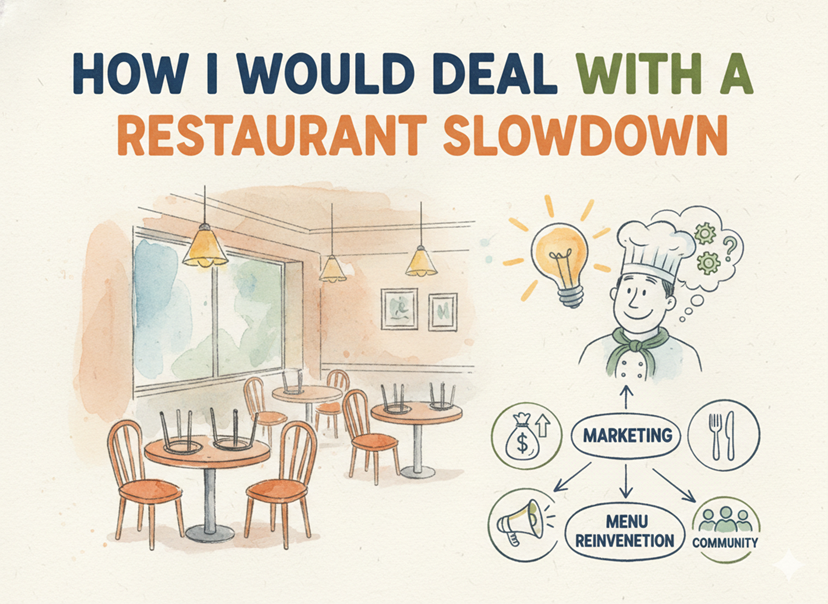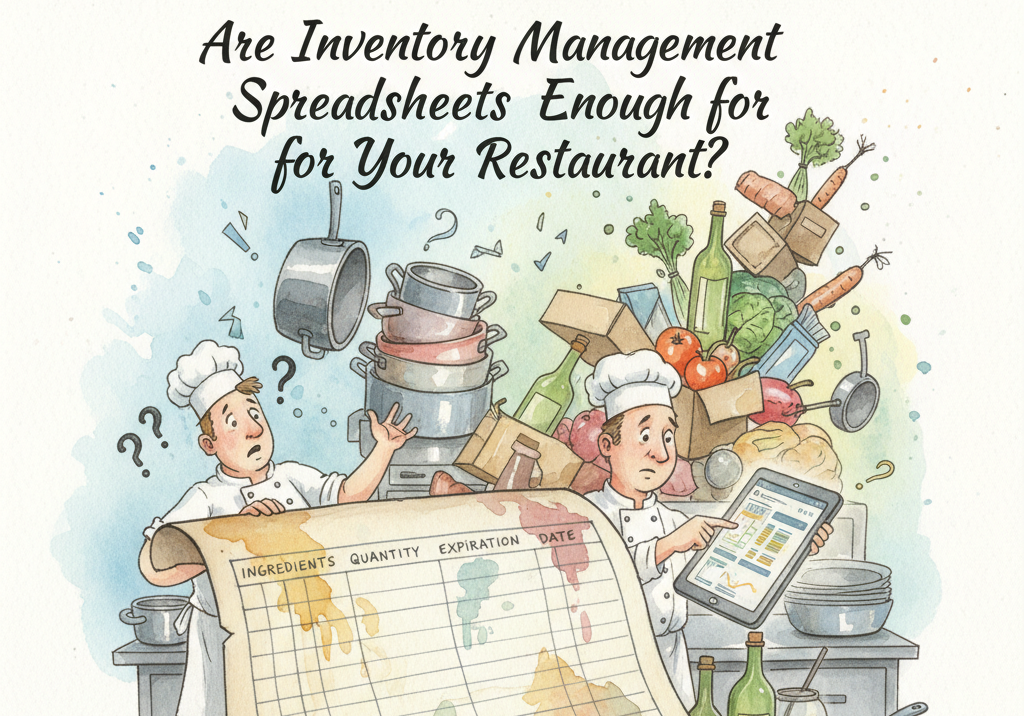In the bustling world of the food and beverage industry, where flavor and service reign supreme, waste management might not always be the first thing on a restaurant owner’s mind. However, it’s a critical aspect that not only aids in reducing environmental impact but also significantly slashes operating costs. This article aims to guide restaurant owners and managers through practical steps to bolster their waste management systems, consequently driving down operational expenses while fostering sustainability.
Conduct a Waste Audit
Embarking on the journey to revamp your waste management begins with a thorough waste audit. This entails delving into the types and volumes of waste your establishment generates. Collaborating with waste management professionals can streamline this process, ensuring accurate measurement and categorization of waste streams.
Implement Source Reduction Strategies
The adage “prevention is better than cure” holds in waste management. Here’s how to curtail waste at its source:
Menu Optimization: Scrutinize your menu to identify items contributing to excessive waste. Consider removing slow-moving or highly perishable items to minimize food waste.
Portion Control: Educate your staff on portion control to ensure ingredients are used judiciously in every dish.
Inventory Management: Employ a robust inventory management system to prevent overstocking and the expiration of perishable items.
Embrace Recycling and Composting
Recycling and composting are linchpins of an efficient waste management system. Maximize their efficacy through:
Adequate Recycling Bins: Install clearly labeled recycling bins throughout your premises for patrons and staff.
Staff Education: Provide comprehensive training on recycling and composting procedures to avoid contamination.
Collaboration with Composting Facilities: Forge partnerships with local composting facilities to divert organic waste from landfills.
Optimize Waste Collection and Disposal
Efficient waste collection and disposal are paramount for cost savings and environmental preservation:
Contract Negotiation: Periodically review waste management contracts to ensure optimal rates and services.
Right-sized Waste Containers: Tailor the size and number of waste containers to your establishment’s waste generation to avoid unnecessary costs.
Proper Segregation: Train staff to segregate waste correctly, preventing mix-ups that could inflate disposal expenses.
Monitor and Analyze Waste Data
Regularly monitoring and analyzing waste data provide insights for improvement:
Waste Management Software: Consider adopting specialized software or consulting waste management professionals for streamlined data tracking.
Staff Engagement: Keep employees abreast of progress and involve them in goal-setting to foster a culture of waste reduction.
Educate and Involve Restaurant Staff
Empower your staff to champion waste reduction efforts:
Training and Education: Educate employees on the importance of waste reduction and incentivize participation in waste management initiatives.
Performance Evaluation: Incorporate waste management goals into performance assessments to reinforce their significance.
FAQs
- How can restaurant owners ensure the successful implementation of waste management strategies in their establishments, particularly considering the potential challenges and barriers they may face during the process?
Implementing waste management strategies in restaurants can encounter various challenges, including resistance from staff, lack of resources, and logistical hurdles. Overcoming these challenges requires clear communication, staff training, and a commitment from management to prioritize sustainability. Engaging employees in the process, providing necessary resources and support, and addressing any concerns or obstacles along the way are essential steps to ensure successful implementation.
- What role do regulatory compliance and local ordinances play in shaping waste management practices for restaurants, and how can owners navigate these requirements while optimizing their operations for sustainability and cost reduction?
Regulatory compliance and local ordinances play a crucial role in shaping waste management practices for restaurants. Depending on the jurisdiction, establishments may be subject to specific requirements regarding waste segregation, recycling mandates, and disposal regulations. Navigating these requirements requires awareness of relevant laws, regular updates on changes in regulations, and proactive measures to ensure compliance. By staying informed and actively engaging with local authorities or waste management agencies, restaurant owners can align their operations with regulatory standards while pursuing sustainability goals and cost reduction initiatives.
By diligently implementing these strategies, restaurant owners and managers can fortify their waste management systems, trim operating costs, and contribute to a sustainable future. Adaptation and continuous improvement are key, to ensuring alignment with emerging technologies and strategies. These endeavors not only bolster the bottom line but also cultivate a positive brand image, appealing to eco-conscious clientele. Embrace these measures today and embark on a journey towards greener, more cost-effective restaurant operations.




